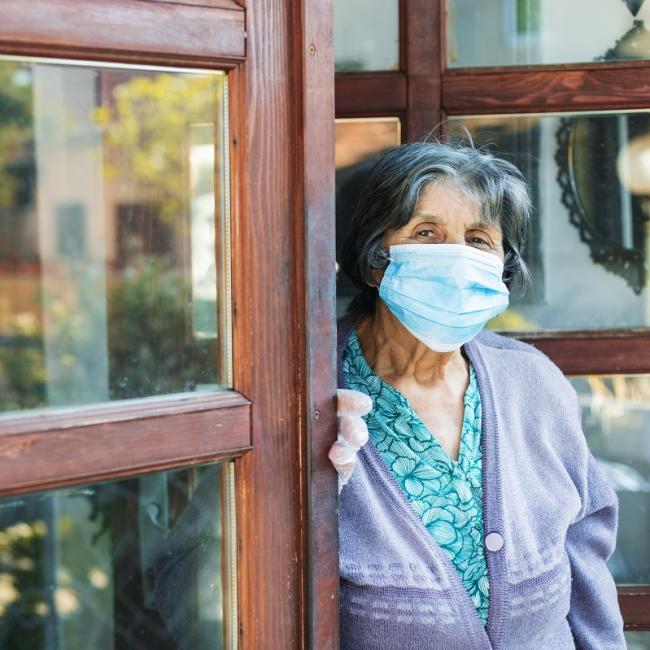Inference of causal relationships between sleep-related traits and 1,527 phenotypes using genetic data
Sleep. 2021 Jan 21;44(1):zsaa154. doi: 10.1093/sleep/zsaa154.
ABSTRACT
STUDY OBJECTIVE: Sleep is essential for both physical and mental health, and there is a growing interest in understanding how different factors shape individual variation in sleep duration, quality and patterns, or confer risk for sleep disorders. The present study aimed to identify novel inferred causal relationships between sleep-related traits and other phenotypes, using a genetics-driven hypothesis-free approach not requiring longitudinal data.
METHODS: We used summary-level statistics from genome-wide association studies and the latent causal variable (LCV) method to screen the phenome and infer causal relationships between seven sleep-related traits (insomnia, daytime dozing, easiness of getting up in the morning, snoring, sleep duration, napping, and morningness) and 1,527 other phenotypes.
RESULTS: We identify 84 inferred causal relationships. Among other findings, connective tissue disorders increase insomnia risk and reduce sleep duration; depression-related traits increase insomnia and daytime dozing; insomnia, napping, and snoring are affected by obesity and cardiometabolic traits and diseases; and working with asbestos, thinner, or glues may increase insomnia risk, possibly through an increased risk of respiratory disease or socio-economic related factors.
CONCLUSION: Overall, our results indicate that changes in sleep variables are predominantly the consequence, rather than the cause, of other underlying phenotypes and diseases. These insights could inform the design of future epidemiological and interventional studies in sleep medicine and research.
PMID:32805044 | DOI:10.1093/sleep/zsaa154





